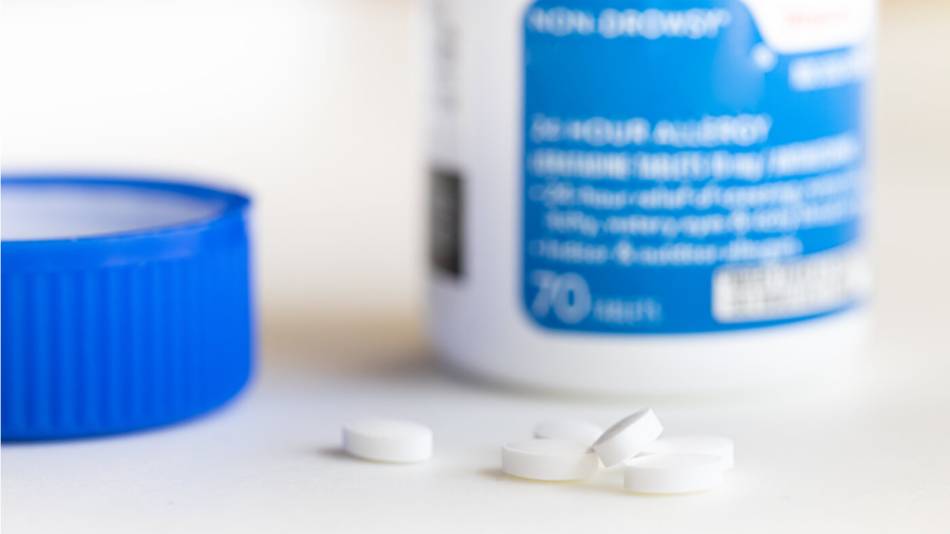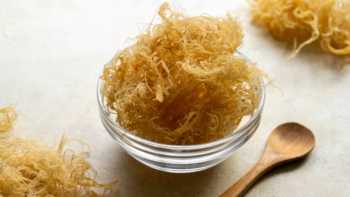Summary
-
What are Inactive Ingredients?
Inactive ingredients are inert substances added to dietary supplements to help form and/or enhance the consistency of formulations — for example, to add color or bulk, to improve resistance to moisture, or to increase shelf life. These can include coating and coloring agents, binders, fillers, and thickeners, disintegrants, emulsifiers, flavor and flow agents, preservatives, and humectants (see Types and Examples of Acceptable Inactive Ingredients).
-
How do I know if my supplement contains preservatives, artificial colors, flavorings, or other inactive ingredients?
Inactive ingredients are listed in the Supplement Facts Panel on dietary supplement labels as "Other Ingredients" (also referred to as "excipients") following the list of Active Ingredients (see Where to Look on the Label). ConsumerLab also provides the full list of ingredients, including Inactive Ingredients, for each supplement it tests in the Results tables in its Product Reviews.
-
Are Inactive Ingredients regulated by the FDA?
All inactive substances used to make dietary supplements are regulated as food additives. Every inactive supplement ingredient must be (1) an approved food additive (this includes color additives) or (2) a generally recognized as safe (GRAS) substance based either on (a) the FDA GRAS list or (b) being a "self-affirmed GRAS substance," i.e., having been safely used in foods after 1997 (see How the FDA Regulates Inactive Ingredients in Supplements).
-
What are common Inactive Ingredients in supplements? Are they safe?
Learn about different types of Inactive Ingredients, why they are used, and safety information:
Also see Concerns and Cautions.
+— 35 sources
In addition the results of its expert testing, ConsumerLab uses only high-quality, evidence based, information sources. These sources include peer-reviewed studies and information from agencies such as the FDA and USDA, and the National Academy of Medicine. On evolving topics, studies from pre-print journals may be sourced. All of our content is reviewed by medical doctors and doctoral-level experts in pharmacology, toxicology, and chemistry. We continually update and medically review our information to keep our content trustworthy, accurate, and reliable. The following sources are referenced in this article:
- Lee, Intest Res 2015
- Turecek, Polymer-Protein Conjugates 2020
- Cox, J Clin Pharmacol 2021
- McCann, Lancet 2007
- FDA 2011
- OEHHA 2021
- Jennings, Toxicol Appl Pharmacol 1990
- FDA 2023
- FDA 2025
- petition to ban Red No. 3
- Kobylewski, Int J Occup Environ Health 2012
- Kwon, Nat Commun 2022
- FDA 2010
- Bridges, Foods Toxicants Analysis 2007
- Assous, Ann Agric Sci 2014
- Maladkar, Eur J Dent 2022
- Yu, Cell Biosci 2011
- WHO IARC Titanium Dioxide Monograph
- Pinget, Front Nutr 2019
- Younes, EFSA J 2021
- EFSA Newsroom
- FDA 2015
- EFSA, January 2018
- Walczak-Nowicka, Nutrients 2022
- Vojvodic, Food Addit Contam Part B Surveill 2023
- FDA, 5-16-2007
- EFSA 2012
- Younes, J EFSA 2019
- J Med Tox 1988
- FDA, 2-8-2018
- Karstadt, Environ Health Perspect 2006
- Ritz, Dtsch Arztebl Int 2012
- Roley, J Am Soc Nephrol 2009
- Sullivan, JAMA 2009
- León, J Ren Nutr 2013
Learn about the "other ingredients" in dietary supplements.
In this Review Article, you will learn about 70 common inactive ingredients and their function, so you'll better understand what's in your supplement.
As a ConsumerLab.com member, you may print a copy of this report for your personal use.
You can access a special print version by clicking the "Print" icon in the upper right corner of this report.
You can then use your web browser's print functions to print the whole report or just selected pages.
You may also email or post a link to this report using the web address above.
Non-members using the link will see a free summary and can join to view the full report.
Other means of copying or distributing this report, in part or full, are not permitted.
If you are sight-impaired and your computer is having trouble converting the text in this report to speech,
contact us for assistance at Membership@ConsumerLab.com or by
phone at 914-722-9149.













